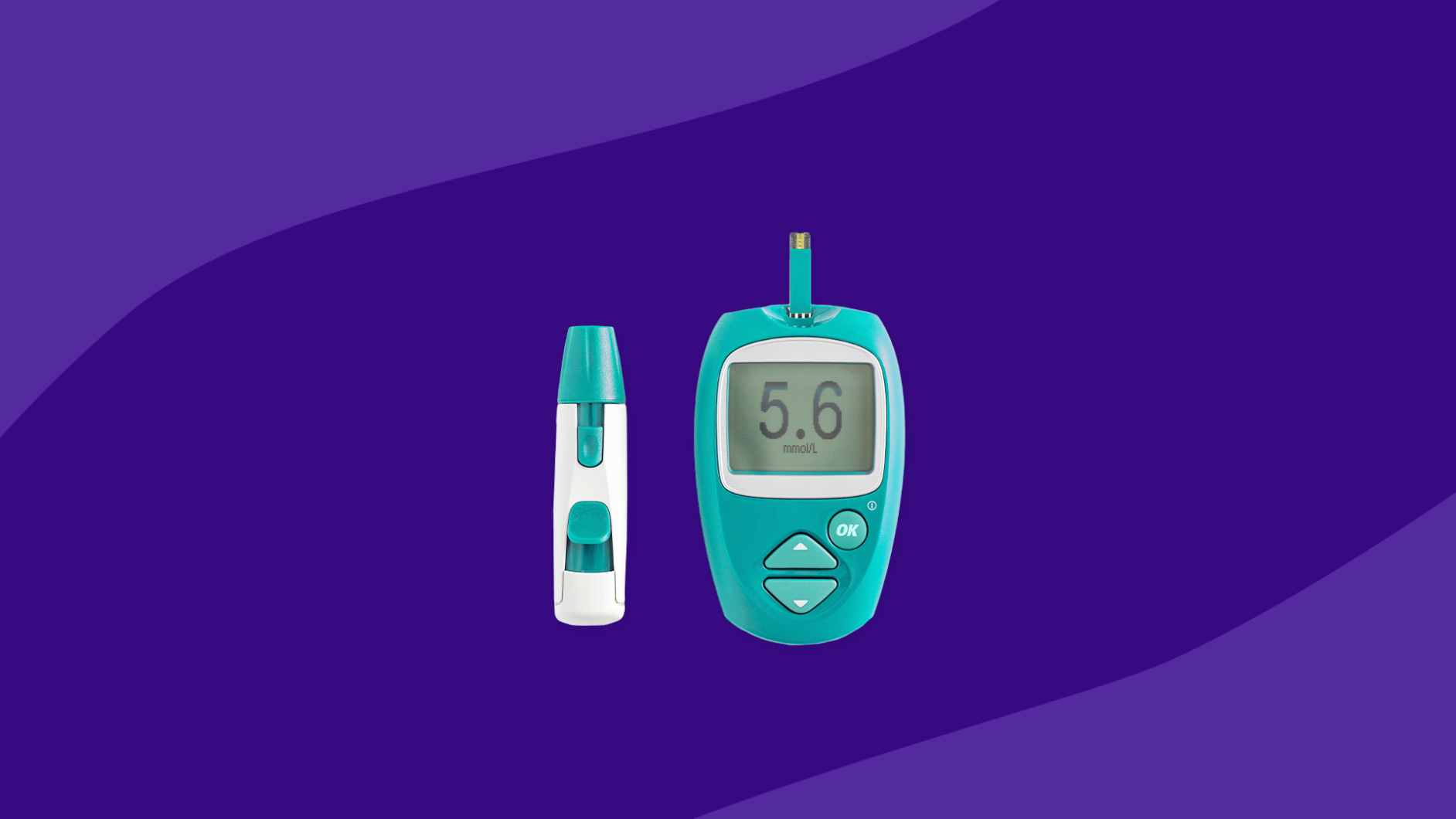Blood sugar fluctuations are a common occurrence in our daily lives, yet many of us remain unaware of their significance until they affect our health. These fluctuations, ranging from highs to lows, can have a profound impact on our well-being, particularly for individuals with diabetes. Understanding the causes, symptoms, and management strategies for blood sugar fluctuations is crucial for maintaining optimal health and preventing long-term complications.
Understanding Blood Sugar:
Blood sugar, or glucose, is a vital source of energy for our bodies. It comes from the food we eat and is transported to our cells through the bloodstream. However, the level of glucose in our blood needs to be carefully regulated to ensure that our bodies function properly.
When we eat carbohydrates, such as bread, pasta, or fruit, our bodies break them down into glucose, causing our blood sugar levels to rise. In response, the pancreas releases insulin, a hormone that helps transport glucose from the bloodstream into our cells, where it can be used for energy.
Conversely, when we haven't eaten for a while or engage in physical activity, our blood sugar levels may drop. In this case, the pancreas releases another hormone called glucagon, which signals the liver to release stored glucose into the bloodstream to maintain normal levels.
Understanding Blood Sugar Fluctuations:
Blood sugar fluctuations occur when the balance between glucose and insulin is disrupted, leading to either high or low blood sugar levels. Several factors can contribute to these fluctuations:
Diet: Consuming large quantities of sugary or high-carbohydrate foods can cause a rapid increase in blood sugar levels. On the other hand, skipping meals or eating too little can lead to low blood sugar levels.
Physical activity: Exercise can lower blood sugar levels by increasing the body's sensitivity to insulin. However, intense or prolonged exercise without adequate carbohydrate intake can cause blood sugar levels to drop too low.
Medications: Certain medications, such as insulin and some oral diabetes drugs, can affect blood sugar levels. Taking too much or too little medication, or not taking it as prescribed, can lead to fluctuations.
Stress: Stress hormones, such as cortisol, can cause blood sugar levels to rise. Chronic stress can also affect insulin sensitivity, leading to fluctuations in blood sugar.
Illness: Infections, especially those accompanied by fever, can cause blood sugar levels to rise. Additionally, vomiting or diarrhea can lead to dehydration and low blood sugar levels.
Symptoms of Blood Sugar Fluctuations:
Recognizing the symptoms of blood sugar fluctuations is essential for prompt management and prevention of complications. Common symptoms of high blood sugar (hyperglycemia) include:
- Increased thirst and urination
- Fatigue
- Blurred vision
- Headaches
- Frequent infections
- Slow wound healing
Conversely, symptoms of low blood sugar (hypoglycemia) may include:
- Shakiness or trembling
- Sweating
- Dizziness or lightheadedness
- Confusion
- Hunger
- Irritability
Management Strategies:
Managing blood sugar fluctuations requires a multi-faceted approach that includes lifestyle modifications, medication management, and regular monitoring. Here are some strategies for managing both high and low blood sugar levels:
Diet: Focus on a balanced diet rich in fruits, vegetables, whole grains, lean proteins, and healthy fats. Avoid sugary and high-carbohydrate foods that can cause rapid spikes in blood sugar.
Exercise: Incorporate regular physical activity into your routine, aiming for at least 150 minutes of moderate-intensity exercise per week. Be sure to monitor your blood sugar levels before and after exercise and adjust your carbohydrate intake as needed.
Medication: Take your prescribed medications as directed by your healthcare provider. Do not adjust your medication dosage without consulting your doctor, as this can lead to dangerous fluctuations in blood sugar levels.
Monitoring: Regularly monitor your blood sugar levels using a blood glucose meter or continuous glucose monitoring system. Keep track of your readings and discuss any concerns or trends with your healthcare provider.
Stress management: Practice stress-reducing techniques such as deep breathing, meditation, yoga, or spending time in nature. Managing stress can help prevent spikes in blood sugar levels.
Hydration: Drink plenty of water throughout the day to stay hydrated, especially if you have high blood sugar levels or are experiencing vomiting or diarrhea.
Conclusion:
Blood sugar fluctuations are a natural part of life, but when left unmanaged, they can have serious consequences for our health. By understanding the causes, symptoms, and management strategies for blood sugar fluctuations, we can take control of our health and prevent long-term complications. Remember to work closely with your healthcare provider to develop a personalized plan that meets your individual needs and goals. With proper management, you can maintain stable blood sugar levels and live a healthy, fulfilling life.






0 Comments